When Molly-Mae Hague hung up the phone during a tense call with Tommy Fury, she didn’t just end a conversation—she faced a panic attack so severe, she says, she vomited and shook uncontrollably. That moment, captured in her new documentary series 'Molly-Mae: Behind It All', marked a turning point: she started taking beta blockers. The series, produced by Prince Video and winner of a National Television Award, premiered its latest season on Saturday, pulling back the curtain on a relationship many thought they knew—but hadn’t really seen.
The Physical Toll of Emotional Trauma
Hague, 26, describes her anxiety not as a vague feeling of worry, but as a physical storm. "I had this panic attack, and I was, like, being sick," she says in the documentary. "I had to have beta blockers because I was so anxious." These medications, typically prescribed for high blood pressure or heart conditions, are increasingly used off-label to calm the physical symptoms of anxiety—racing heart, trembling, nausea. For Hague, they weren’t a quick fix. They were a lifeline. She didn’t just feel anxious. She felt unsafe. Even now, after reconciling with Fury, the word "alcohol" sends her into a spiral. "I hear the word alcohol, and I am like, oh, I mean, I am tense, I am shaking, I am like, really anxious," she admits. It’s not just a trigger—it’s a ghost. "It’s just this shadow of the past that will always just... come back and haunt us."A Relationship Rebuilt on a Baby’s Cry
Their split in 2022, reportedly over Fury’s struggles with alcohol and unconfirmed infidelity rumors, left Hague reeling. But their daughter, Bambi Fury, born in January 2023, became the unexpected glue. "Bambi has always been really good for our relationship," Hague says. "And recently, Bambi actually brought us closer together." It’s a quiet, powerful observation. Not grand gestures, not public declarations—just the daily rhythm of diaper changes and midnight feeds, forcing two people who once shattered each other to learn how to hold on differently. But even with progress, the scars remain. Hague still feels uncomfortable when Fury is around alcohol. She doesn’t blame him. She blames the trauma.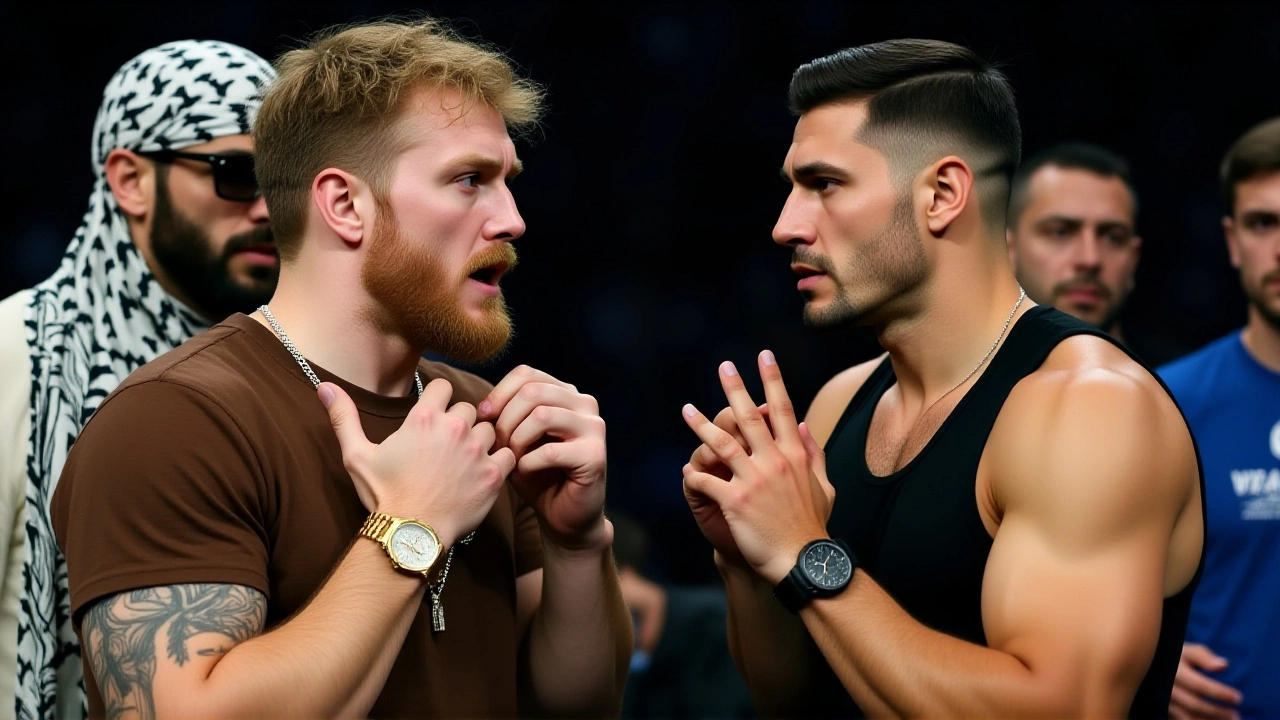
The Weight of the Internet
The documentary doesn’t shy from the dark side of fame. Hague opens up about the "24 hours scandal," a moment she still regrets. "I have never spoken about that 24 hours scandal," she says. "I was so disappointed in myself... Twitter was huge at that time and I was trending for weeks." She didn’t intend harm, she insists—but the backlash was brutal. "Death threats. Hateful comments. Some of the things I’ve read... it would make you just really shocked to see." Her sister, Zoe Rae, doesn’t hold back either. In a candid interview, she calls the relationship "abnormal" and questions whether it’s healthy for Bambi. "I worry," Rae says. "Not because I don’t love Tommy, but because I’ve seen what it does to Molly."Why This Matters Beyond Reality TV
Hague’s story isn’t just celebrity gossip. It’s a mirror held up to how society treats mental health—especially in women who are expected to be endlessly resilient. She’s a multimillionaire influencer, founder of the beauty brand Maebe, and a former reality star. But none of that shields her from panic attacks. Her decision to take medication publicly? That’s radical. In a culture that still whispers about "weakness" when someone needs help, she’s saying: I’m not broken. I’m healing. And she’s not alone. The rise of mental health disclosures in reality TV—from Katie Price to Danniella Westbrook—has slowly chipped away at stigma. But Hague’s transparency stands out because she doesn’t frame it as a redemption arc. She doesn’t say, "I’m fixed now." She says, "I’m trying to navigate it the best I can."
What Comes Next?
The documentary ends not with a hug, but with a quiet moment: Hague holding Bambi, looking out a window, silent. No music swells. No text flashes. Just her, breathing. She’s not done healing. And she’s not asking for applause. Just understanding.Frequently Asked Questions
What are beta blockers, and why are they used for anxiety?
Beta blockers are medications originally designed to treat heart conditions by slowing heart rate and lowering blood pressure. They’re now commonly prescribed off-label for physical symptoms of anxiety—like trembling, rapid heartbeat, and nausea—because they block adrenaline’s effects on the body. They don’t cure anxiety, but they help manage the physical panic responses that can make episodes feel uncontrollable.
How did Molly-Mae Hague’s relationship with Tommy Fury evolve after their split?
After a brief separation in 2022, reportedly due to Fury’s alcohol struggles and unconfirmed infidelity rumors, the couple reconciled following the birth of their daughter, Bambi Fury, in January 2023. Hague credits Bambi with helping them reconnect emotionally, though she still struggles with triggers related to alcohol and past trauma. Their relationship remains complex, marked by progress but also lingering pain.
Why is the "24 hours scandal" still significant to Molly-Mae Hague?
The "24 hours scandal" refers to a controversial social media comment Hague made in 2021 that went viral, causing her to trend on Twitter for weeks and receive a flood of hate, including death threats. Though she claims no malice, she says the experience left her deeply ashamed and changed how she engages with public platforms. She’s only now speaking about it publicly, calling it a turning point in her understanding of accountability and online cruelty.
What role does Molly-Mae’s sister Zoe Rae play in the documentary?
Zoe Rae offers an outsider’s perspective, voicing concerns that the relationship between Hague and Fury is "abnormal" and potentially harmful to their daughter, Bambi. Her comments add emotional weight to the narrative, challenging the romanticized version of their reconciliation and highlighting how family members often see patterns the public misses. Her presence underscores the tension between public image and private reality.
Why is this documentary different from other celebrity mental health stories?
Unlike many celebrity disclosures that focus on recovery or triumph, Hague’s story is raw and ongoing. She doesn’t claim to be "fixed." She doesn’t frame medication as a victory lap. Instead, she normalizes the daily reality of managing anxiety—especially under public scrutiny. Her honesty about triggers, shame, and lingering fear makes this more therapeutic than performative, offering a rare glimpse into the messy, non-linear path of healing.
How has public perception of mental health in reality TV changed since Molly-Mae’s early fame?
When Hague first rose to fame on Love Island in 2019, mental health was rarely discussed on-screen. Now, with shows like 'Love Island' and 'The Only Way Is Essex' increasingly featuring cast members speaking openly about therapy, medication, and trauma, the culture is shifting. Hague’s candidness about beta blockers adds to a growing trend: that mental health isn’t a weakness to hide, but a part of being human—even for those in the spotlight.
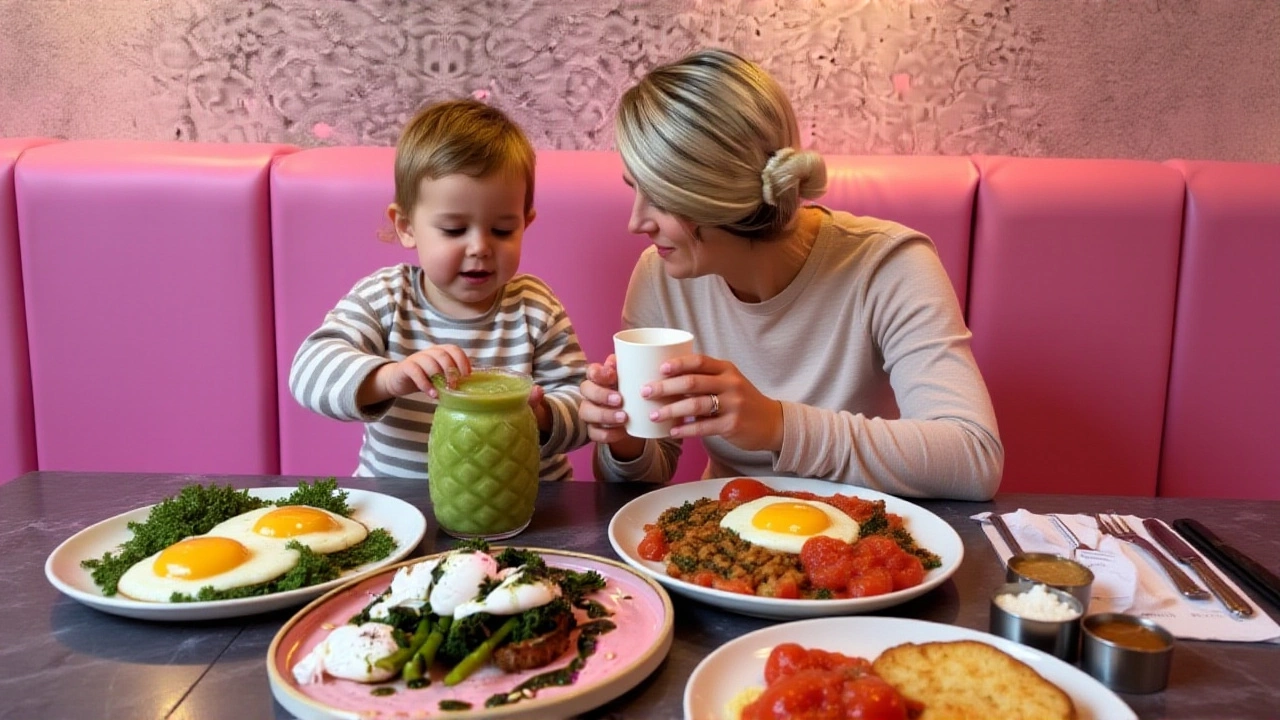

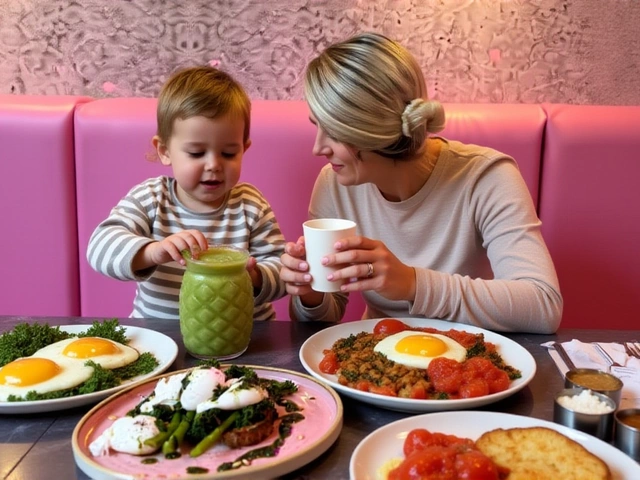

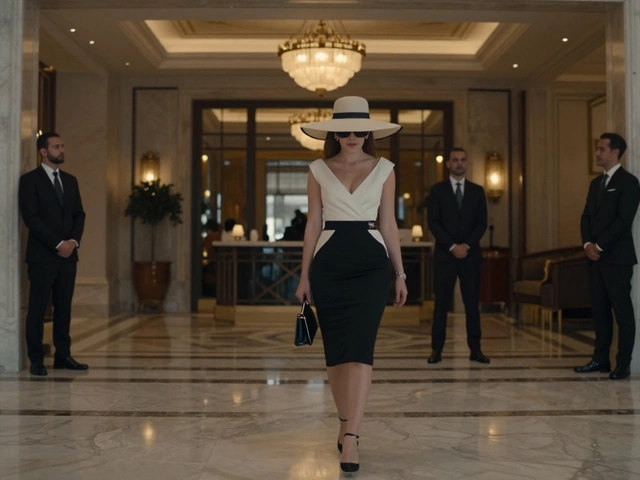
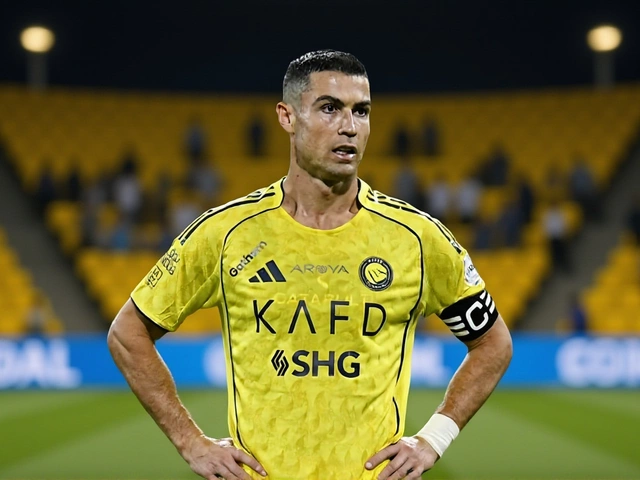

Write a comment